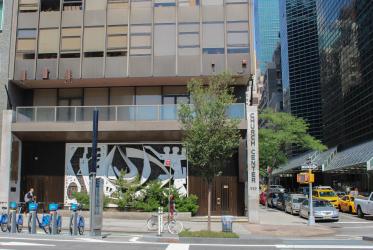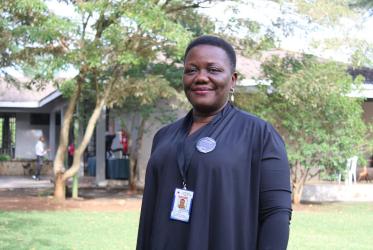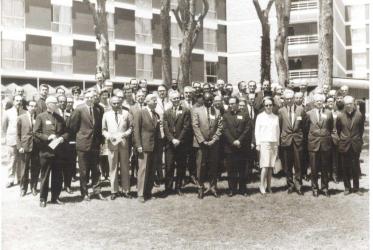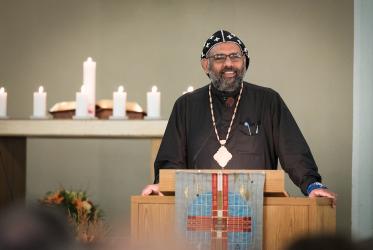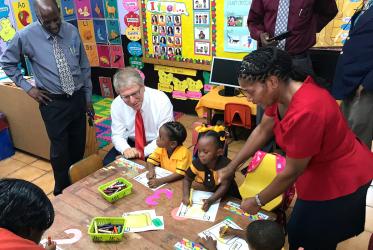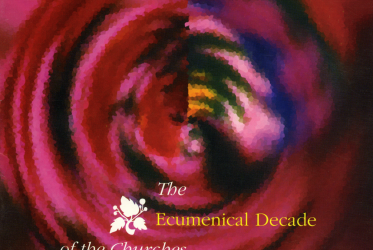Displaying 1 - 20 of 28
Beginning soon: 16 Days against Sexual and Gender-Based Violence
21 November 2023
In New York City, the spirit of Thursdays in Black is thriving
06 October 2022
WCC honoured with Geneva Engage Award
01 February 2022
Churches in southern Africa stand against violence, xenophobia
10 October 2019
UN day on violence victims stresses religious tolerance
22 August 2019
Metropolitan Zachariah Mar Nicholovos celebrates Silver Jubilee
26 November 2018
WCC Executive Committee envisions future for one ecumenical movement
08 November 2018
Jamaica vantage point for Caribbean ecumenism
05 October 2018
WCC congratulates 2018 Nobel Peace Prize laureates
05 October 2018


